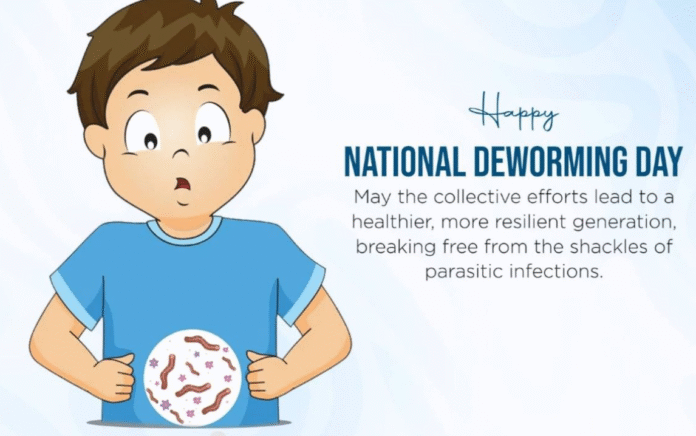The Andaman and Nicobar Islands will observe National Deworming Day (NDD) on August 8, 2025, as part of a national initiative to combat parasitic worm infections in children and adolescents. The mop-up round, intended for those who miss the primary administration, is scheduled for August 16. As part of the campaign, Albendazole tablets will be administered across the islands to individuals aged 1 to 19 through schools and Anganwadi centres.
Worm infections are among the leading contributors to nutritional deficiencies in children, often resulting in anemia, stunted growth, and poor cognitive performance. The National Deworming Day, initiated by the Ministry of Health & Family Welfare in collaboration with the Departments of Women and Child Development and School Education and Literacy, aims to eliminate these threats through regular deworming.
The August round of NDD aligns with India’s broader goal of achieving an Anaemia Mukt Bharat. Health authorities have underlined the negative impact of worm infestations on children’s development. Parasites consume essential nutrients from the body, leading to fatigue, poor attention spans, and higher rates of absenteeism in school.
The campaign’s outreach strategy involves schoolteachers, Anganwadi workers, ASHAs, and ANMs to ensure last-mile coverage in both urban and remote island regions. Parents are being encouraged to ensure their children take the deworming dose under the supervision of trained health personnel. The chewable Albendazole tablet is safe and effective, with minimal side effects, according to the Health Ministry’s guidelines.
The campaign will be conducted in a single-day format in most schools and centres, with health workers prepared to administer the tablets and record uptake data. The mop-up day is meant to catch children who may have missed the scheduled dose, ensuring full coverage.
Public awareness efforts have also been ramped up to support the campaign. Posters, announcements, and community mobilisation drives are being carried out to educate families about the importance of deworming. In previous years, these efforts have contributed to significant reductions in worm prevalence in participating states and union territories.
Local administration officials have appealed to residents to cooperate with frontline health workers and give the programme the visibility it needs. Communities have been asked to spread the message widely so that no eligible child is left out of the campaign.
As part of the long-term strategy, deworming efforts will be linked to other nutrition and sanitation programmes under the Poshan Abhiyan and Swachh Bharat initiatives. By addressing health, hygiene, and nutritional issues together, authorities hope to break the cycle of disease and underdevelopment in vulnerable populations.





